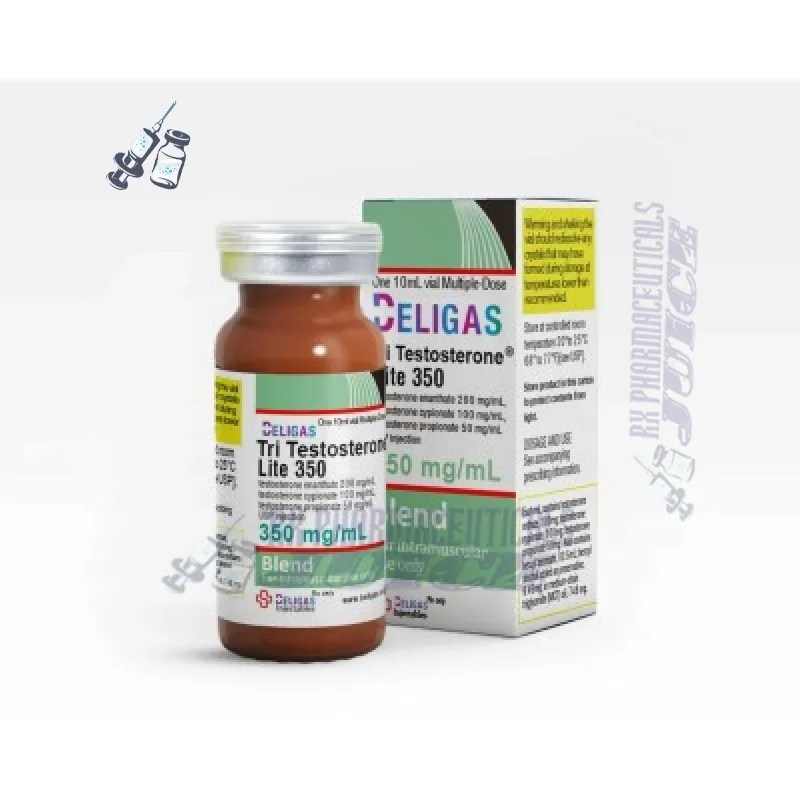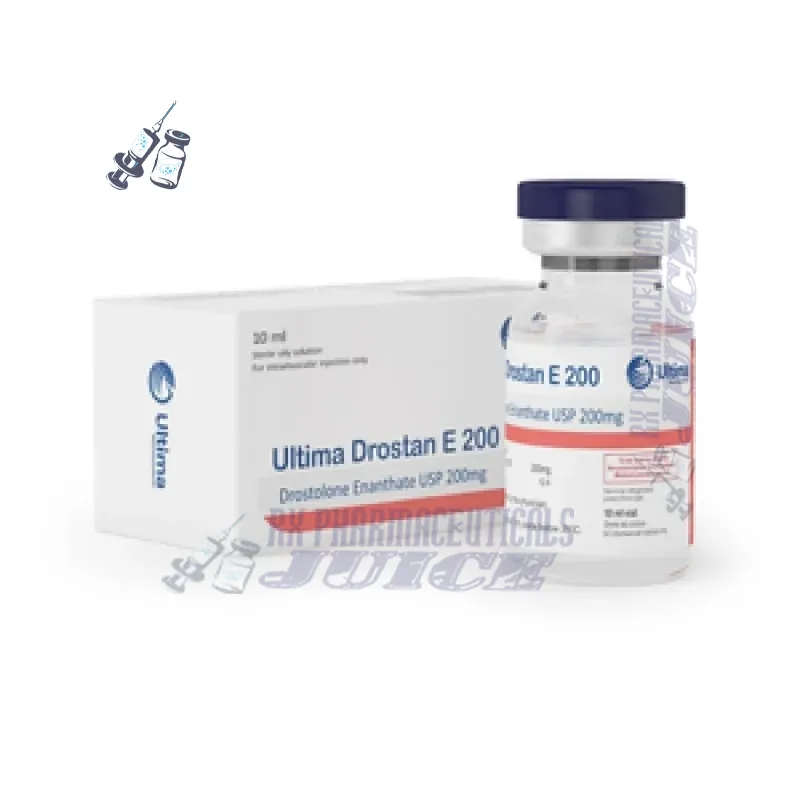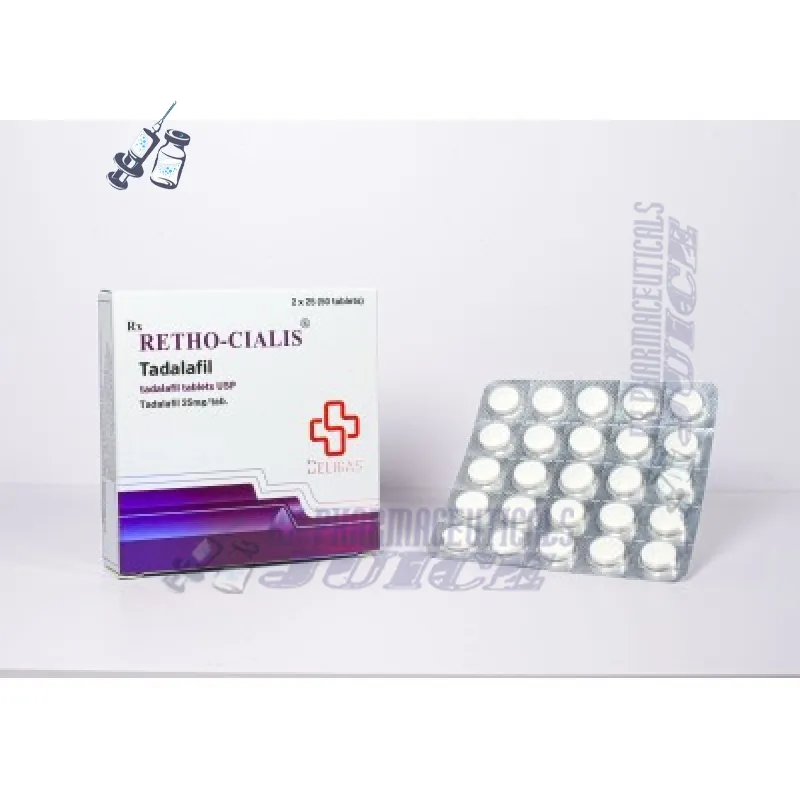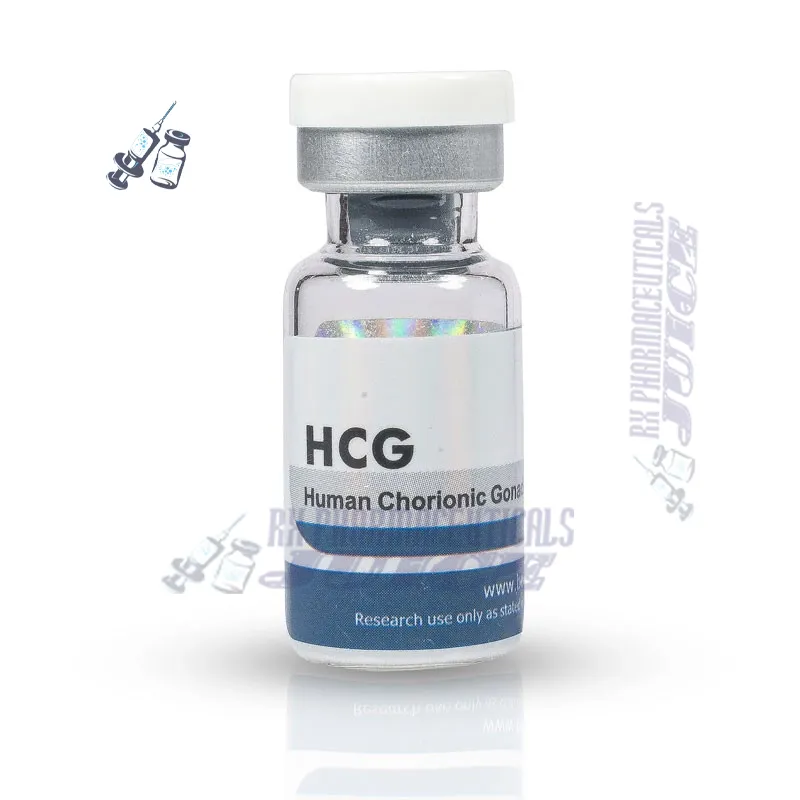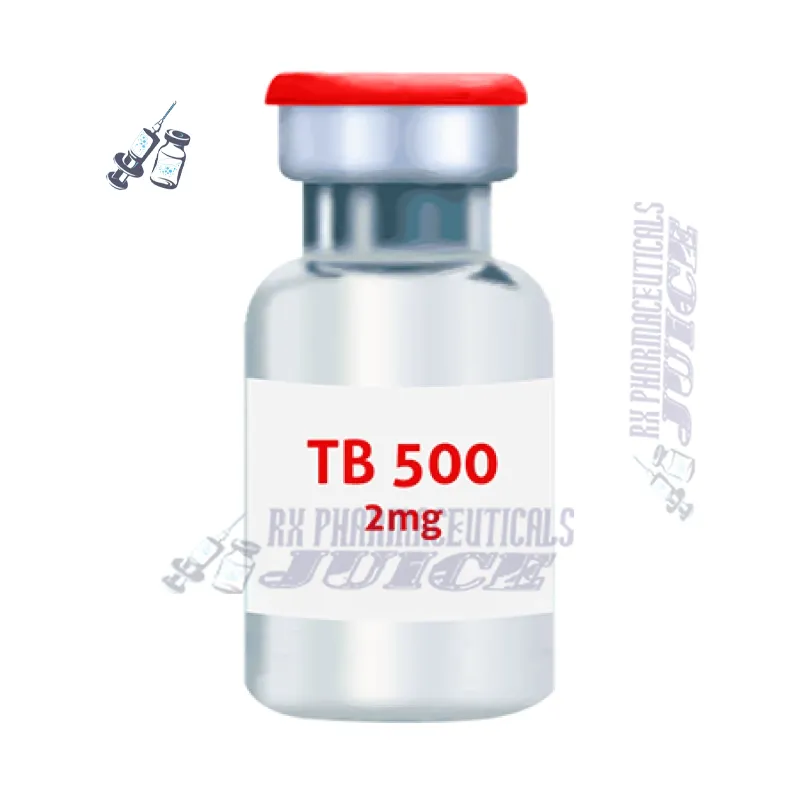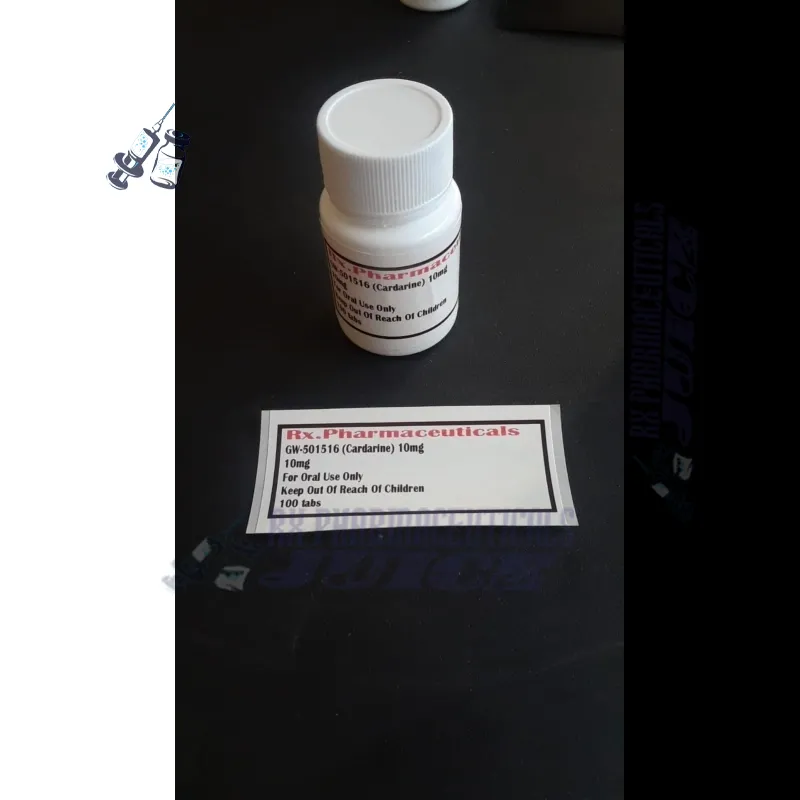Description for Letrazole
**Letrazole: A Detailed Overview**
Introduction:
Letrazole, also known by its brand name Femara, is a medication primarily used in the treatment of breast cancer in postmenopausal women. It belongs to a class of drugs known as aromatase inhibitors, which work by reducing the production of estrogen in the body. In this comprehensive article, we will delve into the mechanisms of action, therapeutic uses, dosage, side effects, and precautions associated with Letrazole.
Mechanism of Action:
Letrazole functions by inhibiting the aromatase enzyme, which is responsible for converting androgen hormones into estrogen. By blocking this conversion, Letrazole effectively reduces the overall levels of estrogen in the body. This is particularly beneficial in the treatment of hormone receptor-positive breast cancer, as these cancer cells rely on estrogen for their growth and survival.
Therapeutic Uses:
Breast Cancer Treatment: Letrazole is primarily used in the treatment of hormone receptor-positive breast cancer in postmenopausal women. It is commonly prescribed as an adjuvant therapy, either alone or in combination with other treatments such as surgery, radiation therapy, or chemotherapy. Letrazole helps to prevent the recurrence of breast cancer by reducing estrogen levels in the body.
Off-label Uses: Apart from its approved indication, Letrazole has also shown promise in the treatment of other hormone-related conditions. It has been used off-label in conditions such as infertility, polycystic ovary syndrome (PCOS), and endometriosis. However, it is essential to consult with a healthcare professional before considering Letrazole for any off-label use.
Dosage and Administration:
The recommended dosage of Letrazole for breast cancer treatment in postmenopausal women is 2.5 mg once daily, either with or without food. It is typically administered orally, and the duration of treatment may vary depending on the individual's response and the stage of cancer. It is crucial to follow the prescribed dosage and schedule as directed by the healthcare provider.
Side Effects:
Like any medication, Letrazole is associated with potential side effects. Common side effects include hot flashes, joint pain, fatigue, dizziness, headache, and nausea. These side effects are usually mild to moderate in intensity and tend to improve over time. However, if any side effect becomes severe or persistent, it is important to inform a healthcare professional promptly.
Less common but more serious side effects may include bone fractures, osteoporosis, cardiovascular events, and changes in lipid levels. Regular monitoring and appropriate interventions can help mitigate these risks. It is crucial to discuss any concerns or unusual symptoms with a healthcare provider to ensure the safe use of Letrazole.
Precautions and Contraindications:
Letrazole is contraindicated in premenopausal women, as it may interfere with normal hormonal balance. It is essential to undergo appropriate hormonal testing before initiating Letrazole therapy. Letrazole should also be used with caution in patients with a history of osteoporosis or bone fractures, as it may further increase the risk of these conditions.
Drug Interactions:
Certain medications may interact with Letrazole, potentially altering its effectiveness or increasing the risk of side effects. It is important to inform the healthcare provider about all medications, including over-the-counter drugs, herbal supplements, and vitamins, being taken concurrently. The healthcare provider can assess potential interactions and adjust the treatment plan accordingly.
Conclusion:
Letrazole, an aromatase inhibitor commonly known as Femara, is a valuable medication in the treatment of postmenopausal women with hormone receptor-positive breast cancer. By reducing estrogen levels, Letrazole helps prevent the recurrence of breast cancer and improves patient outcomes. However, it is important to adhere to the prescribed dosage, be aware of potential side effects, and communicate any concerns with a healthcare professional. Letrazole continues to play a vital role in breast cancer treatment and offers hope to countless individuals battling this disease.





